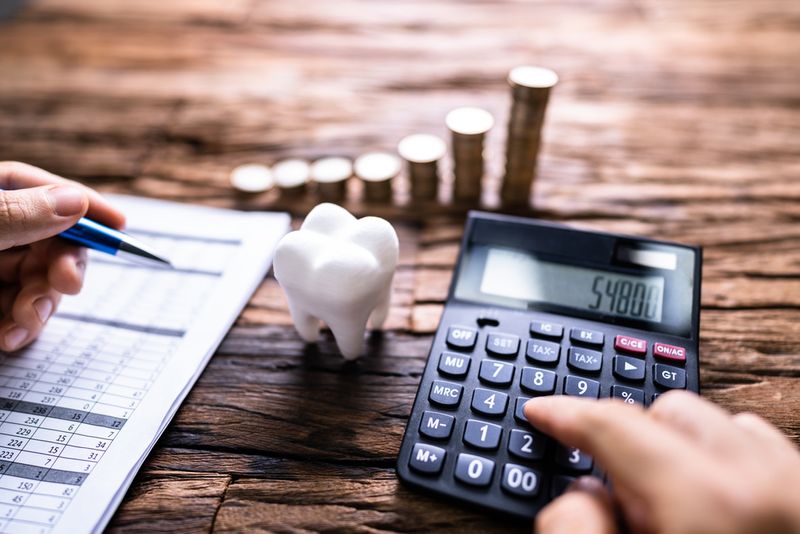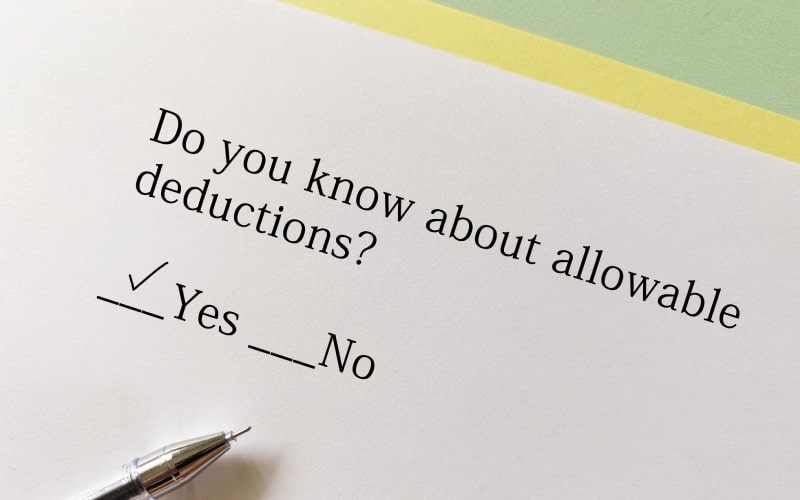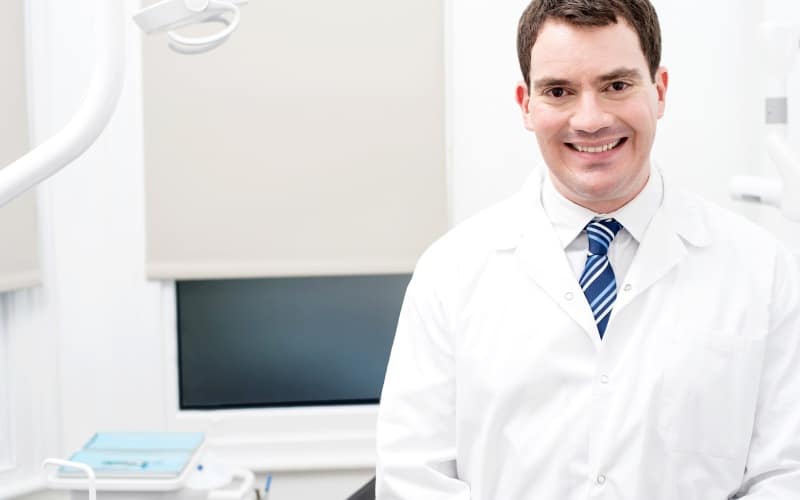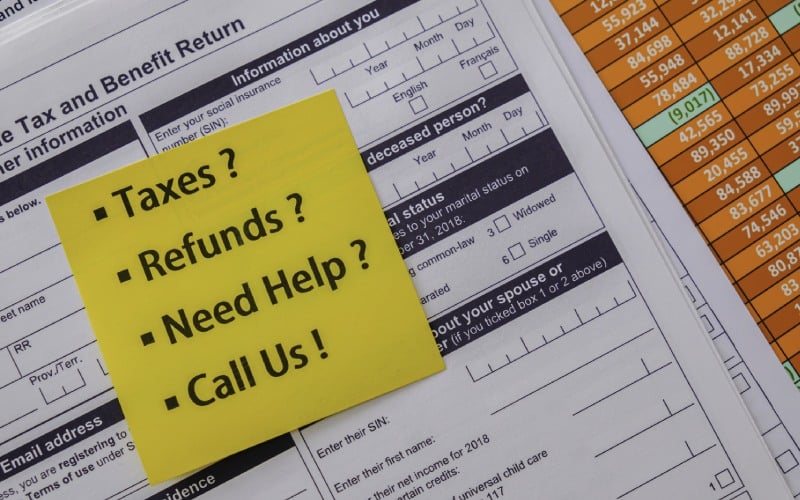Contrary to popular belief, dental hygienists can be independent contractors working for a dentist—they do not have to be employees. It all depends on their contracts with their employer. If your contract says that you are an independent contractor, then you are technically self-employed. As a result, you have to file your business taxes to the Canada Revenue Agency (CRA).
Filing business taxes can seem like a daunting thing to do, especially if you have never done it before. Thankfully, the Canada Revenue Agency has a very long list of what expenses professionals in the medical field can claim against their incomes when they file their taxes each year.
Before You Start: Figure Out Your Income Taxes
Before you start claiming dental expenses on your tax return, you will need to figure out whether you can even incorporate your business expenses on your tax return. Although individual circumstances may be similar, for tax purposes, there is more than one type of self-employment.
According to the Canada Revenue Agency, dental hygienists who have set up their businesses as separate entities need to file separate tax returns for their corporations. Hygienists who haven’t done so will have to include both their business and personal expenses on their personal tax returns.
Once you know what kind of self-employment you have, you can proceed to claim dental expenses on the appropriate tax return.
1. Claim Dental Expenses
Helping maintain the dental hygiene of others requires a lot of equipment; you need to buy dental instruments and equipment to use daily. Dental hygienists also have to wear scrubs, masks, and gloves while providing dental care to patients. These professional dental expenses are an important part of doing business.
You can claim dental expenses like scrubs, equipment, and instruments on your tax return.
You will receive a reimbursement for a part of the expense by reducing your tax owed. This can save you money in the long run since you won’t owe as much debt to the government.
When claiming dental expenses, make sure to determine how much of a deduction you can claim in one year. For example, dental expenses such as a $50,000 equipment piece are considered capital because they hold value beyond one year. As a result, you typically cannot claim the entire amount you paid for them (although this year is an exception where it can be fully deductible).
2. Professional Development Fees
You can become a better employee without having to pay for the expense of your professional development.
If you or your employer want to expand your knowledge, you can seek professional advice, attend dental hygiene conferences, and get certifications without any concerns. All these activities can be deducted from your taxes, including expenses for textbooks and travel.
Beware: the Canada Revenue Agency has strict rules about taxable benefits. Do not try to overuse this benefit. Try to diminish the cost of services and travelling as much as possible. This benefit is also only meant for personal use. You should not try to deduct travel fees or meals for your spouse or children.
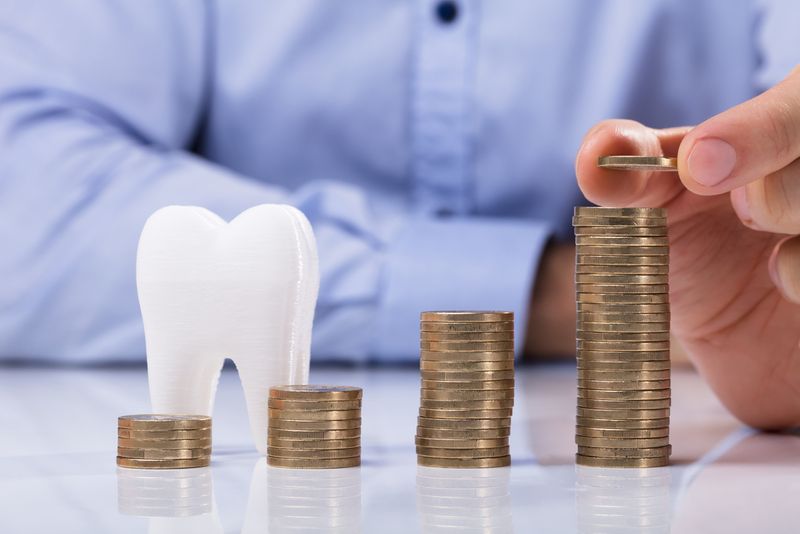
3. Contributions To Tax-Free Savings Account
On your personal tax return, every payment you make to your tax-free savings account (TFSA) is a deduction. You can subtract the amount that you have paid to your TFSA over the last tax year. It pays to save!
4. Contributions To A Registered Retirement Savings Plan
Self-employed hygienists usually do not have their salaries paid by a dentist. Therefore, neither are their pensions. Therefore, dental hygienist handles setting part of their salary aside as “investment income” for your retirement.
Thankfully, contributions to a Registered Retirement Savings Plan (RRSP) are non-taxable income. In other words, you will not have to pay tax on any of the money deducted for your retirement. This is a bonus that helps you save money and prepare for the future.
Dental hygienists should dedicate as much of their income as possible to their RRSPs. But, make sure your investment is legal by checking your contribution limits with the CRA. If your payment exceeds your annual allowance, you will have to pay additional interest to the government.
5. Accounting Services
If you are trying to sort out your taxes, you can hire the dental accounting services without having to worry about paying taxes on it. Self-employed individuals can deduct the costs of an accounting service from their net income. This tax deduction specifically benefits every hygienist who works for themselves rather than a dentist, allowing them to optimize their financial planning. Not only does it allow you to access quality accounting services, including tax planning for dentists, but it can also help you get the expert guidance you need to prepare and file your tax return correctly. By leveraging professional tax planning for dentists, you can ensure compliance with tax laws while maximizing your deductions and minimizing your tax liability.
Key Takeaways:
- Dental hygienists can be independent contractors or employees, depending on their contracts with their employer. Self-employed hygienists need to file separate tax returns for their incorporated businesses, while others include both business and personal expenses on their personal tax returns.
- Eligible dental expenses, such as equipment, instruments, and professional development fees, can be claimed as deductions on tax returns.
- Reimbursements for dental expenses can reduce the tax owed, saving money in the long run.
- Contributions to Tax-Free Savings Accounts (TFSA) and Registered Retirement Savings Plans (RRSP) can be deducted from taxable income, helping with long-term savings and retirement planning.
- Self-employed hygienists can deduct the costs of accounting services from their net income, providing financial planning benefits and expert guidance for tax preparation and filing.
Remember to consult with a tax professional or refer to the guidelines provided by the Canada Revenue Agency for accurate and up-to-date information on deducting dental expenses and optimizing tax benefits.
FAQs
Can You Claim Dental Expense on Taxes?
Yes, you can claim dental expenses on your taxes in Canada. However, it’s important to note that not all dental expenses are eligible for tax deductions. In general, you can claim dental expenses that exceed a certain threshold, which is based on a percentage of your net income. Eligible expenses may include dental treatments, orthodontic work, dentures, and prescription medications related to dental care. Keep in mind that you will need to keep proper documentation and receipts to support your claims. It’s always a good idea to consult with a tax professional or refer to the guidelines provided by the Canada Revenue Agency for accurate and up-to-date information on claiming dental expenses on your taxes.
Are Dental Expenses Tax Deductible?
Yes, dental expenses can be tax deductible in certain situations. In Canada, you can claim eligible dental expenses as medical expenses on your tax return. These expenses may include dental treatments, orthodontic work, dentures, and prescription medications related to dental care.
He has been working with dentists for the past 15 years focusing in saving them time, taxes and fees.His goal is to look at every aspect of their life (personal and the practice) to make sure they have a proper plan in place to get them to their goals.
Adam has an MBA from the Richard Ivey School of Business in London and also holds a Chartered Investment Manager designation.
Latest posts by Adam Tenaschuk
(see all)


